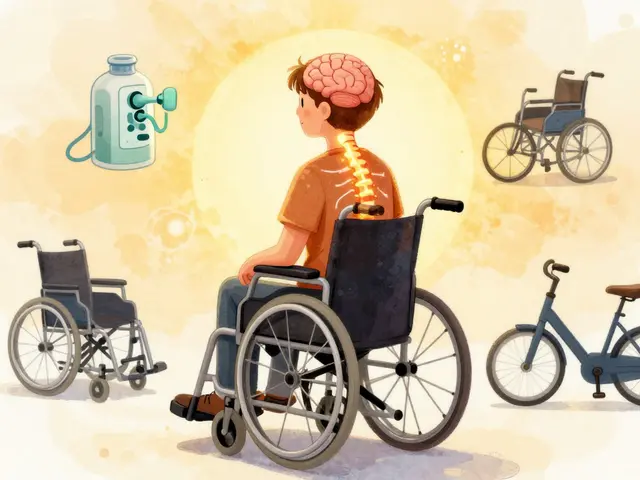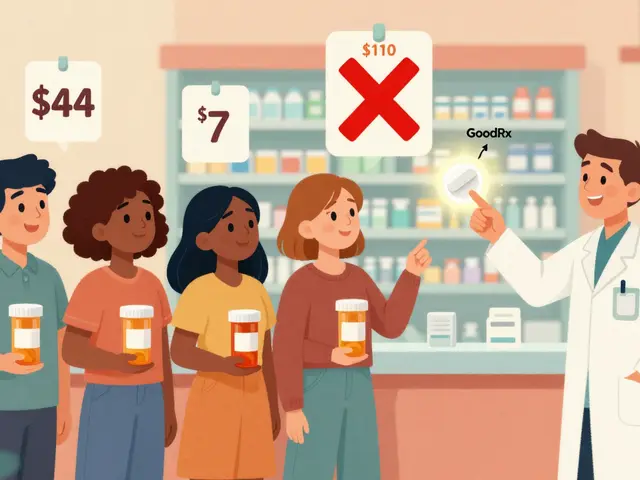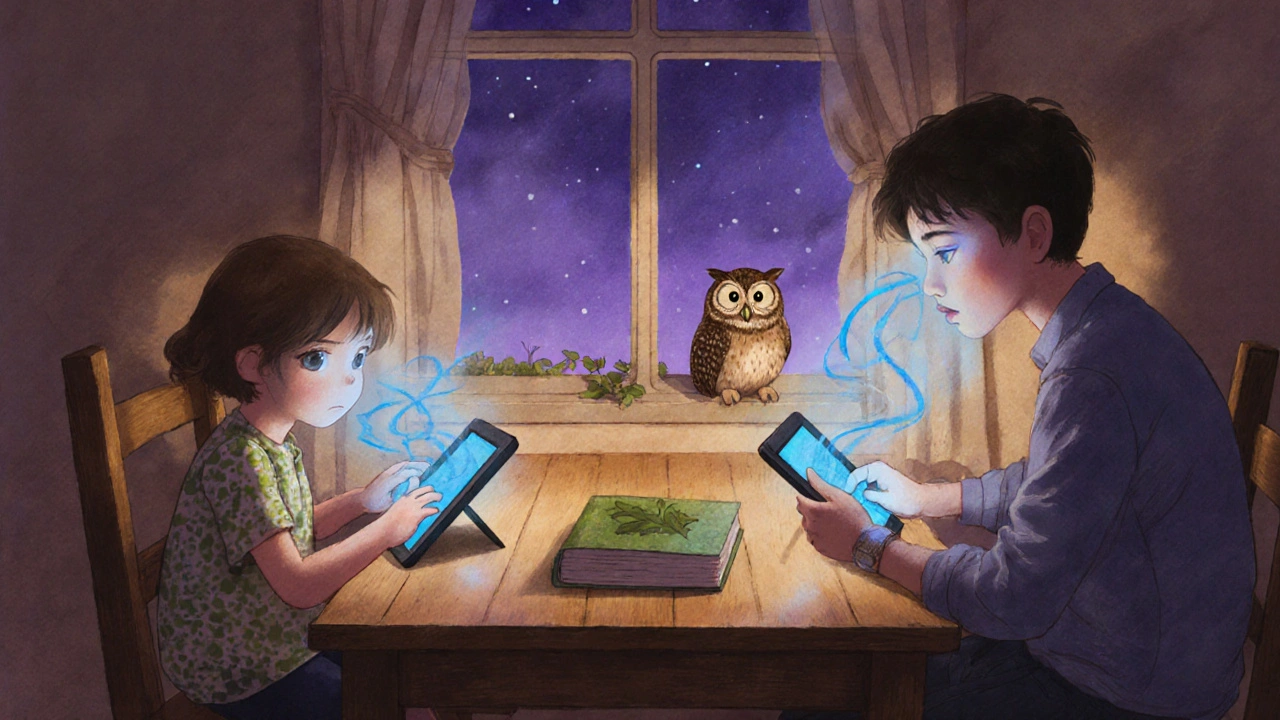Digital Eye Strain: Causes, Fixes, and What You Can Do Today
When your eyes feel dry, tired, or blurry after hours on a screen, you’re not just imagining it—you’re experiencing digital eye strain, a condition caused by prolonged use of digital screens that leads to discomfort, reduced focus, and sometimes headaches. Also known as computer vision syndrome, it’s not a disease, but it’s becoming a daily problem for millions of people who work, learn, or scroll for hours without a break.
This isn’t just about screen time. It’s about how you use your eyes. When you stare at a phone, tablet, or monitor, your blink rate drops by up to 60%. That means your eyes dry out faster. Add in poor lighting, glare, or sitting too close to the screen, and your visual system gets overwhelmed. The blue light from screens doesn’t damage your eyes permanently, but it can disrupt your sleep and make symptoms worse. And if you’re already wearing glasses or contacts, an outdated prescription can make it even harder for your eyes to focus properly.
People who work from home, students in online classes, and anyone who uses multiple screens at once are most at risk. But it’s not just adults—kids and teens are seeing more symptoms too, thanks to remote learning and endless social media scrolling. The good news? You don’t need expensive gadgets or magic solutions. Simple habits like the 20-20-20 rule (every 20 minutes, look at something 20 feet away for 20 seconds), adjusting screen brightness, and using artificial tears can make a real difference. You might also find that your workspace setup matters more than you think—screen height, chair position, and room lighting all play a role.
What you’ll find below are practical guides that connect directly to your daily struggles. From tips on managing screen time without quitting your job, to how certain medications might worsen dry eyes, to what your pharmacist can tell you about eye-friendly supplements—these articles give you real tools, not just theory. Whether you’re dealing with constant eye fatigue, wondering if blue light glasses are worth it, or trying to protect your vision while working late shifts, there’s something here that fits your situation. No fluff. No hype. Just clear, usable advice.
20
Blue Light and Eye Health: Screen Filters and Habits That Actually Work
Blue light from screens can cause eye strain and disrupt sleep, but permanent damage isn't proven. Learn the real habits - not just filters - that protect your eyes and improve sleep quality.
Latest Posts
Popular Posts
-
 Celiac Disease: Gluten-Free Living and Nutrient Supplementation
Celiac Disease: Gluten-Free Living and Nutrient Supplementation
-
 Stinging Insect Allergy: What Venom Immunotherapy Really Does for You
Stinging Insect Allergy: What Venom Immunotherapy Really Does for You
-
 Spinal Cord Injury: Understanding Function Loss, Rehabilitation, and Assistive Devices
Spinal Cord Injury: Understanding Function Loss, Rehabilitation, and Assistive Devices
-
 Extended Use Dates: How the FDA Extends Drug Expiration Dates During Shortages
Extended Use Dates: How the FDA Extends Drug Expiration Dates During Shortages
-
 Out-of-Pocket Costs: How Generics Cut Your Drug Bills - and When They Still Hurt
Out-of-Pocket Costs: How Generics Cut Your Drug Bills - and When They Still Hurt



